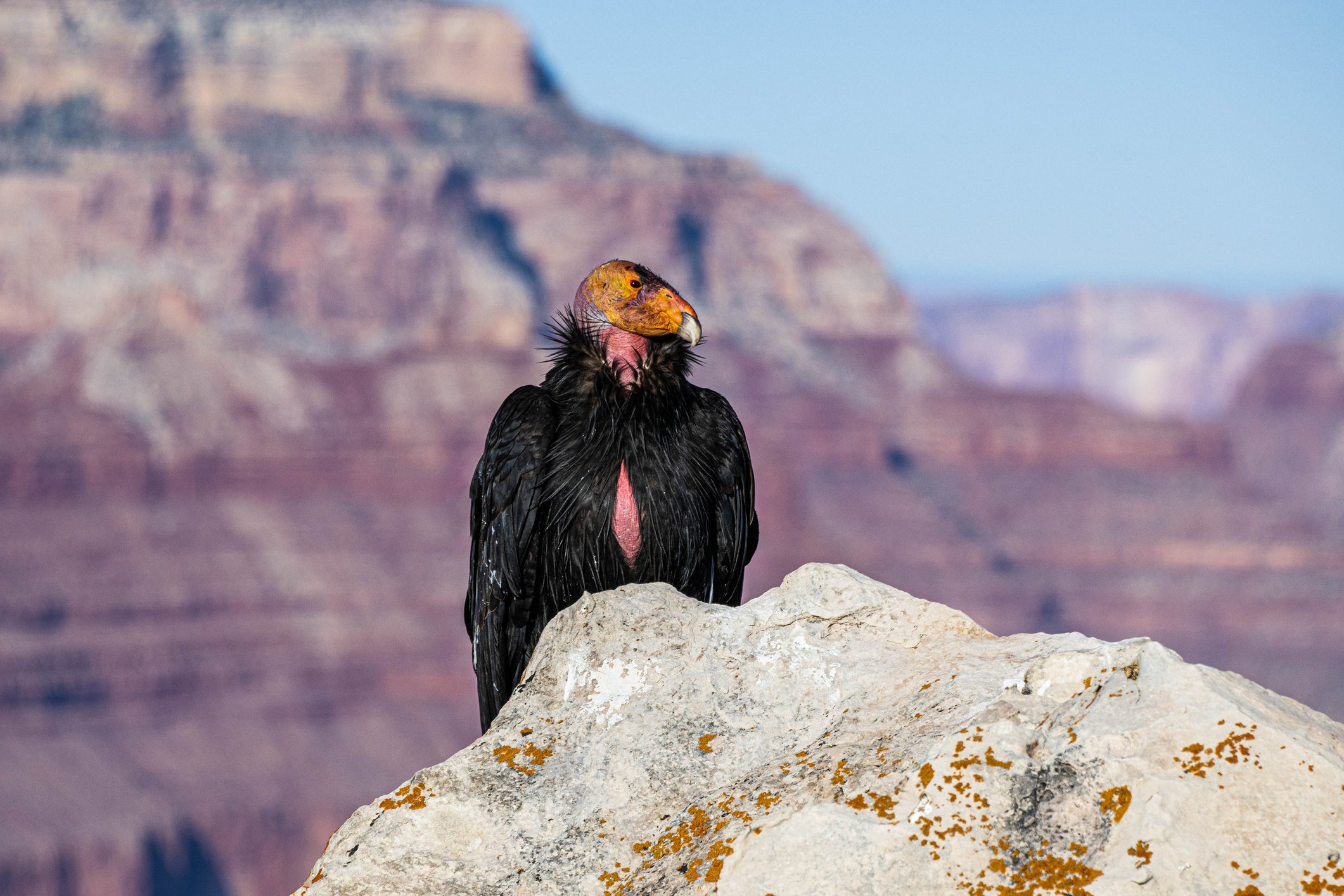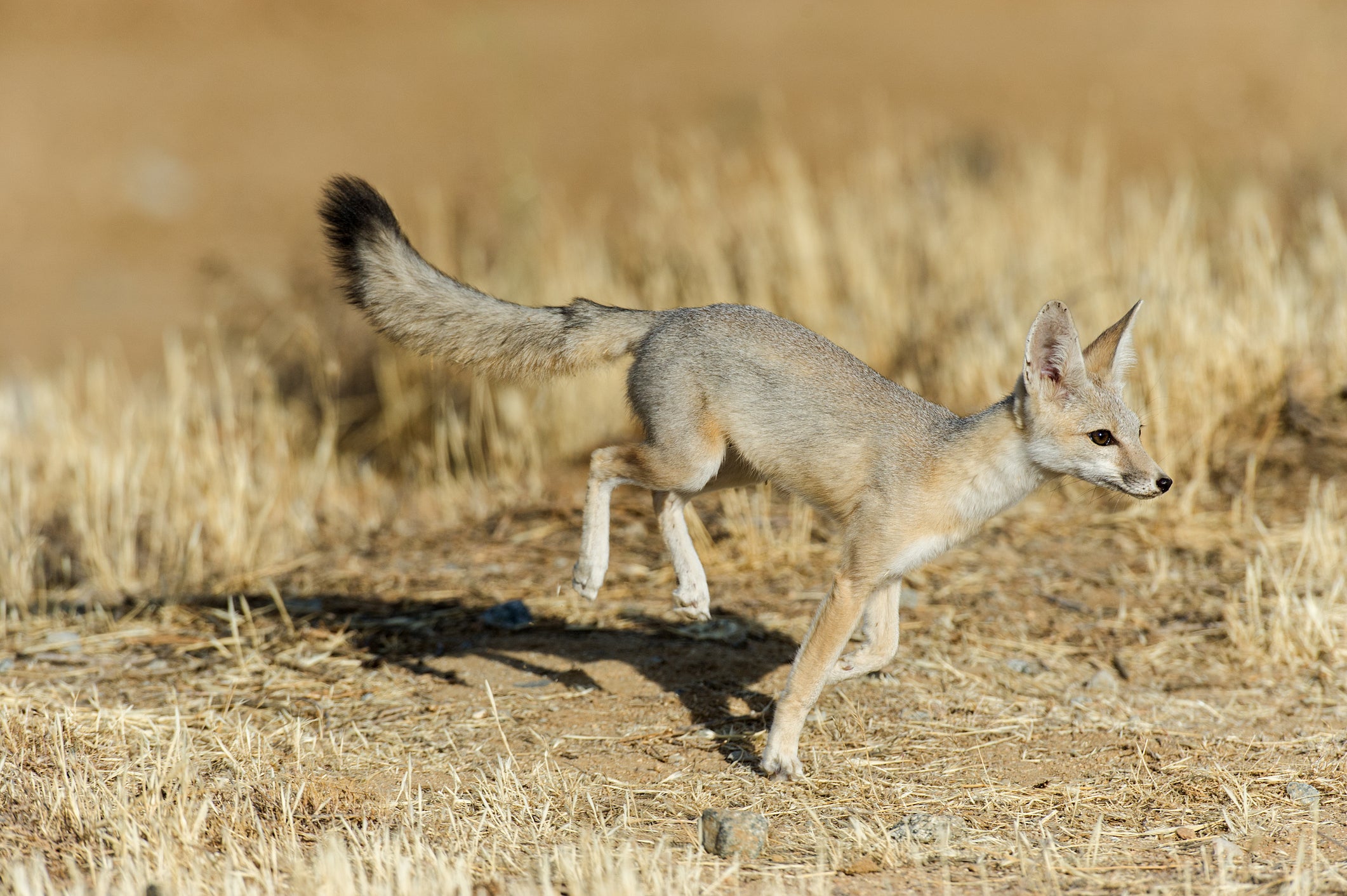The Trump administration issued a proposed rule that environmental groups allege would end habitat protections for America’s endangered animals.
The proposal from the Department of the Interior and Department of Commerce would rescind the 1973 Endangered Species Act’s definition of “harm,” which means an act that actually kills or injures wildlife. The definition includes significant habitat modification or degradation where it actually kills or injures wildlife by “significantly impairing essential behavior patterns, including breeding, feeding, or sheltering."
The departments argued in the Wednesday proposal that the regulatory definition runs contrary to the best meaning of the term “take,” which is defined as “to harass, harm, pursue, hunt, shoot, wound, kill, trap, capture or collect or attempt to engage in any such conduct.”
While Republicans tout the change as eliminating a barrier to economic success, environmentalists say it could greatly harm the regions that protect America’s more than 1,300 endangered species.
“This would pave the way for logging, mining, and other extractive activities, effectively destroying key habitat,” the Wolf Conservation Center wrote on social media.

The Wolf Conservation Center wasn’t the only group blasting the decision.
“This rule would open the door for destruction — plain and simple. By stripping away the definition of 'harm,' these agencies are trying to erase decades of legal precedent and scientific consensus that habitat loss is one of the greatest threats to imperiled and endangered species,” non-profit National Resources Defense Council Senior Project Attorney Lucas Rhoads told The Independent via email. “If this rule goes into effect, bulldozing a nesting ground or draining a wetland could go unpunished — even if it results in the death of a species on the brink. This is an open invitation to drive America’s most imperiled wildlife closer to extinction.”
“There’s just no way to protect animals and plants from extinction without protecting the places they live, yet the Trump administration is opening the flood gates to immeasurable habitat destruction,” Noah Greenwald, co-director of endangered species at the Center for Biological Diversity, said in a statement. He noted that habitat destruction is the greatest cause of extinction. “This administration’s greed and contempt for imperiled wildlife know no bounds, but most Americans know that we destroy the natural world at our own peril. Nobody voted to drive spotted owls, Florida panthers or grizzly bears to extinction.”
“Without a prohibition on habitat destruction, spotted owls, sea turtles, salmon and so many more imperiled animals won’t stand a chance,” he said. “Trump is trying to drive a knife through the heart of the Endangered Species Act. We refuse to let him wipe out America’s imperiled wildlife, and I believe the courts won’t allow this radical assault on conservation.”
Republicans have contended that amendments to the Endangered Species Act would halt a Biden-era “litany of lawsuits” intended to “create regulatory delays on infrastructure projects” environmental groups oppose, and House GOP members from southern states said they would investigate abuses of the act and its impact on energy costs.
“Left-wing activists love the status quo because it stops development, stops growth, and hurts the economy,” a White House official told The Independent. “These groups use endangered species, sometimes ones that aren’t actually endangered at all, as a fig leaf to stop all growth and hurt our economy. They do the same with ludicrous arguments that habitat will be impacted.”

Right now, more than 1,300 endangered or threatened species reside in the U.S., including plants and animals.
Climate change, which the White House is erasing from federal websites and reportedly plans to eliminate from research at the National Oceanic and Atmospheric Administration, is a major driver of habitat and species loss. So are other human activities that contribute to climate change, including pollution and deforestation.
Roughly 1 million of Earth’s species are now threatened with extinction in the coming years, thanks to these and other impacts.
With the aim of protecting imperiled species, the Defenders of Wildlife has taken legal action. The non-profit Sierra Club pledged to defend the law, as well.
“In Donald Trump’s world, future generations will know bald eagles, blue whales, grizzly bears, and other imperiled species only through photographs,” Sierra Club Executive Director Ben Jealous told The Independent.

 2 days ago
4
2 days ago
4









